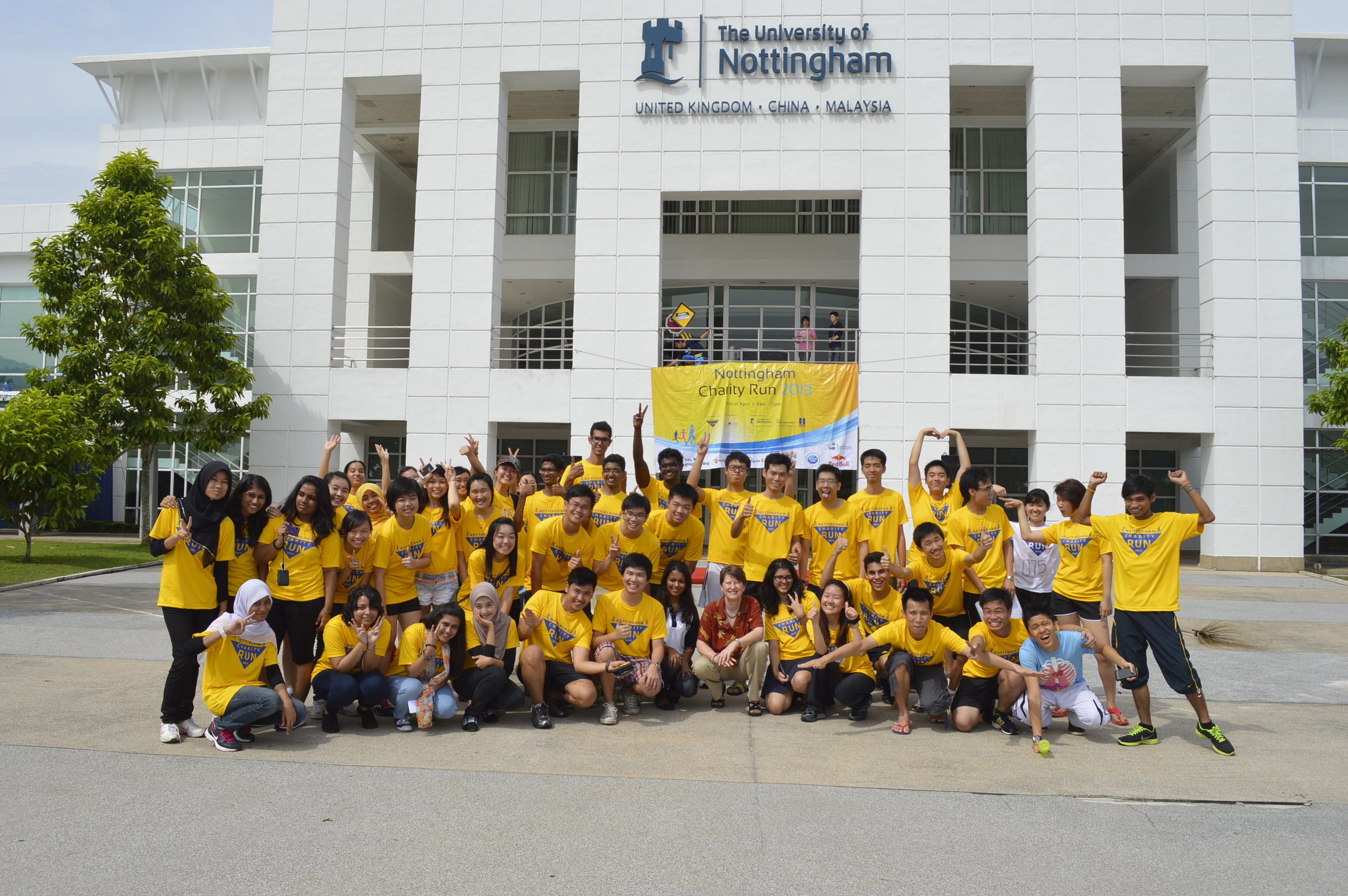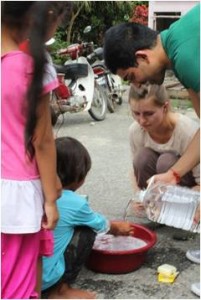
August 29, 2013, by Chris Ennew
The Social Responsibility of a University
For most of us, when we hear the word “University”, we immediately think about students, education and qualifications. After education, our thinking might turn to the role of Universities in undertaking research to address major global challenges, in finding solutions to problems and in making the inventions that lie behind so many new products and services. In essence, this is the idea that Universities are the engine of a knowledge economy.
Education, research and innovation are all key functions of Universities but our responsibilities extend more broadly. Universities are social institutions – we are part of local, national, regional and global communities and we have a responsibility to those communities – a responsibility to support their growth and development. We discharge our responsibilities in many different ways. One very common activity is to work with schoolchildren and their teachers – to offer young children an insight into university, to raise their aspirations, to encourage and support their learning. There are opportunities to work with the teachers themselves, supporting their professional development. And, of course, we can share facilities with local schools – providing access to, for example, our sports centres or event space.
 And there is another hugely important strand of activity that is led by the student body. Higher education remains a privilege and so many of our students are aware that they are fortunate in being able to benefit from a University education. And they are aware that they have a responsibility to “give something back”. So in Universities and colleges throughout the world, students will undertake charitable work – whether locally in their immediate community or indeed in any location where their skills and expertise can be put to good use. They will work to raise money for good causes (they may run, walk, cycle, shave their heads) or they will give their time to undertake different projects (building a school, digging a well). Or they may invest their time in campaigning – to promote sustainability, to protect biodiversity or to fight poverty.
And there is another hugely important strand of activity that is led by the student body. Higher education remains a privilege and so many of our students are aware that they are fortunate in being able to benefit from a University education. And they are aware that they have a responsibility to “give something back”. So in Universities and colleges throughout the world, students will undertake charitable work – whether locally in their immediate community or indeed in any location where their skills and expertise can be put to good use. They will work to raise money for good causes (they may run, walk, cycle, shave their heads) or they will give their time to undertake different projects (building a school, digging a well). Or they may invest their time in campaigning – to promote sustainability, to protect biodiversity or to fight poverty.
And it is entirely correct and proper that they should do these things – they should recognise their obligations to the community and the society in which they live and study. But they (and we) will also benefit from this kind of work. It does not detract from their studies – indeed, if anything, it adds value. When our students undertake the kinds of activity listed above, they have to develop a better understanding of the world around them, they have to develop the skills associated with leadership, management, communication and organisation and they become increasingly the global citizens who will play a key role in ensuring that global society develops towards a sustainable, fair and just future.
(A longer version of this post was published in the New Straits Times)

Add me plz